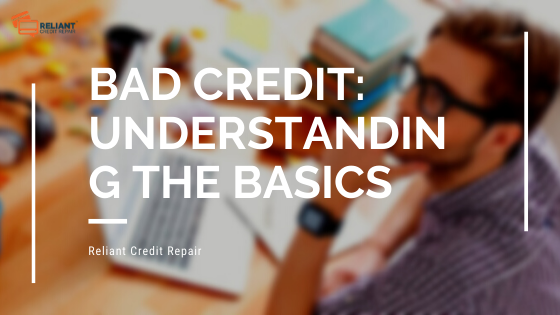Improve Your Credit Score By Correcting Your Credit Report
Under the Fair Credit Reporting Act (FCRA), both the consumer reporting company and the information provider (the person, company, or organization that provides information about you to a consumer reporting company) are responsible for correcting inaccurate or incomplete information in your report. To take advantage of all your rights under the FCRA, contact the consumer reporting company and the information provider if you see inaccurate or incomplete information.
1. Tell the consumer reporting company, in writing, what information you think is inaccurate. Include copies (NOT originals) of documents that support your position. In addition to providing your complete name and address, your letter should clearly identify each item in your report that you dispute, state the facts and explain why you dispute the information and request that the information is deleted or corrected. You may want to enclose a copy of your report with the items in question circled. Send your letter by certified mail, return receipt requested, so you can document what the consumer reporting company received. Keep copies of your dispute letter and enclosures.
Consumer reporting companies must investigate the items in question “usually within 30 days” unless they consider your dispute frivolous. They also must forward all the relevant data you provide about the inaccuracy to the organization that provided the information. After the information provider receives notice of a dispute from the consumer reporting company, it must investigate, review the relevant information, and report the results back to the consumer reporting company. If the information provider finds the disputed information is inaccurate, it must notify all three nationwide consumer reporting companies so they can correct the information in your file.
When the investigation is complete, the consumer reporting company must give you the written results and a free copy of your report if the dispute results in a change. (This free report does not count as your annual free report under the Fair and Accurate Credit Transactions (FACT) Act.) If an item is changed or deleted, the consumer reporting company cannot put the disputed information back in your file unless the information provider verifies that the information is, indeed, accurate and complete. The consumer reporting company also must send you written notice that includes the name, address, and phone number of the information provider.
If you request, the consumer reporting company must send notices of any correction to anyone who received your report in the past six months. A corrected copy of your report can be sent to anyone who received a copy during the past two years for employment purposes.
If an investigation doesn’t resolve your dispute with the consumer reporting company, you can ask that a statement of the dispute be included in your file and in future reports. You also can ask the consumer reporting company to provide your statement to anyone who received a copy of your report in the recent past. Expect to pay a fee for this service.
2. Tell the creditor or another information provider, in writing, that you dispute an item. Be sure to include copies (NOT originals) of documents that support your position. Many providers specify an address for disputes. If the provider reports the item to a consumer reporting company, it must include a notice of your dispute. And if you are correct – that is, if the information is found to be inaccurate – the information provider may not report it again.
3. It is imperative that you keep an eagle eye on your credit reports so that you can dispute erroneous transactions in a timely manner. You can easily request a free copy of your credit report online to see if there are any bogus transactions, inaccuracies, or outright mistakes.
4. Your good credit and identity can be compromised without your knowledge, so it is in your best interest to check your free credit report regularly. Don’t lose your identity and good reputation because of mistakes on your credit report or corrected errors that still show up during a credit check. You need to look out for yourself and take action.



